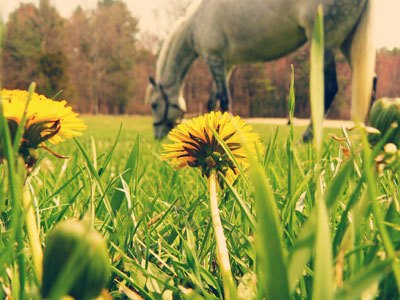All Nonfiction
- Bullying
- Books
- Academic
- Author Interviews
- Celebrity interviews
- College Articles
- College Essays
- Educator of the Year
- Heroes
- Interviews
- Memoir
- Personal Experience
- Sports
- Travel & Culture
All Opinions
- Bullying
- Current Events / Politics
- Discrimination
- Drugs / Alcohol / Smoking
- Entertainment / Celebrities
- Environment
- Love / Relationships
- Movies / Music / TV
- Pop Culture / Trends
- School / College
- Social Issues / Civics
- Spirituality / Religion
- Sports / Hobbies
All Hot Topics
- Bullying
- Community Service
- Environment
- Health
- Letters to the Editor
- Pride & Prejudice
- What Matters
- Back
Summer Guide
- Program Links
- Program Reviews
- Back
College Guide
- College Links
- College Reviews
- College Essays
- College Articles
- Back
Animal Rights Activist MAG
Rachel Atcheson is the Humane League’s Philadelphia director. I wanted to interview her to shine a light on her incredible work as an animal rights activist and, hopefully, encourage and inspire teens to take action on behalf of animals.
Why did you decide to become an animal rights advocate?
I decided to help animals because they are the most underrepresented group of beings in today’s society. Some might think that animals get sufficient attention, but cats and dogs receive the bulk of it. When we hear of a hoarder with 100 cats and none of them sufficiently nourished, we empathize with those cats. But farm animals are suffering every day in factory farms and we rarely hear their stories. I decided to help farm animals because they need a louder voice.
How did you think you would be able to make a difference?
I didn’t start out thinking I could make much of a difference. I began volunteering with a local animal protection group (the group I work for now, the Humane League), but I had no idea the ripple effect my activism would have in the world. With the help of many mentors, I’ve been able to hone my activism skills and influence many people to be more involved in activism.
Has your life changed since you started helping animals?
My life has changed dramatically. I have become more compassionate and more empathetic toward the plight of both human and non-human animals. I have taken on the role of an activist – and I think this is the most important change in my life, because now I understand that no matter how much a person wants to change the world, it’s the hard work, the elbow grease, that really creates meaningful change.
What is the main problem animals face right now?
These issues of confinement and mutilation are common for farm animals everywhere. All factory farms treat animals as if they were commodities, property, and this is, I believe, the biggest problem facing farmed animals right now.
I’d love to tell you the story of one animal in particular. Buttercup is an egg-laying hen who has lived her entire life in a cage smaller than a piece of paper. She has never met her mother. Because of her close confinement with other chickens, Buttercup’s beak was seared off with a hot blade soon after she was born so she wouldn’t peck any other chickens in her cage. Ever since she was young, Buttercup has lived in this battery cage. She has never been outside, never felt the sun on her feathers or the grass beneath her feet. And she’ll remain there for her whole life. Her feet might become mangled in the wire mesh she stands on. If she develops an infection, she will not receive veterinary attention.
On a typical egg-laying farm, there could be 500,000 chickens, so Buttercup is just one of many chickens who will never see the outside of that warehouse.
What does it take to become an effective activist?
Be positive, set a good example, read literature on effective activism and, most of all, practice. If you want to learn more about animal activism, consider getting involved with groups such as the Humane League, Mercy for Animals, or Compassion Over Killing. All of these groups are very effective in their work.
How can we make a difference in the lives of animals?
The number-one way you can make a difference in the lives of animals is to cut back on the amount of animals you eat; consider trying Meatless Monday. And if you already do not consume much meat, consider going vegetarian. Are you already a vegetarian? Cut back on the amount of eggs and dairy you consume. And finally, try veganism.
While it may seem daunting to do anything in this list, if you take it one step at a time, one meal at a time, you’ll find it easy, exciting, and fulfilling. We have an opportunity to make a difference in the lives of animals three times a day – breakfast, lunch, and dinner – and with your help, we will see changes for farm animals.

Similar Articles
JOIN THE DISCUSSION
This article has 4 comments.

0 articles 0 photos 2 comments